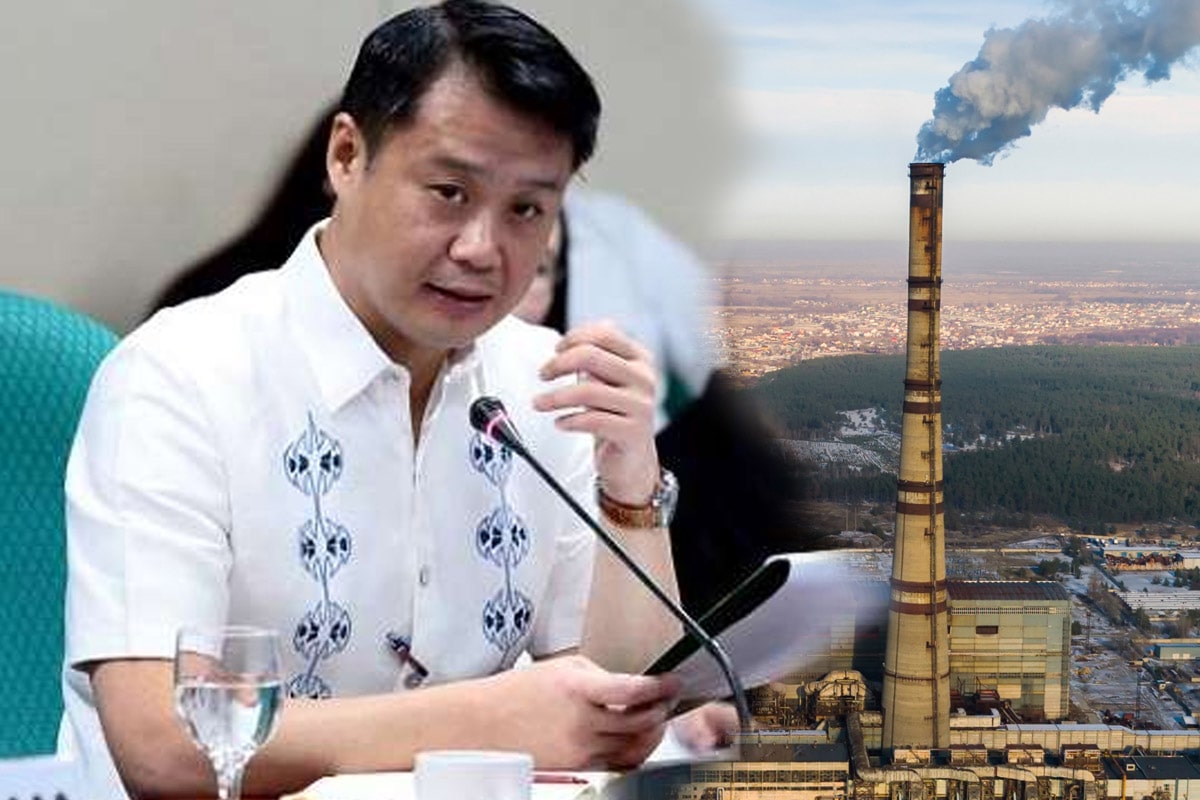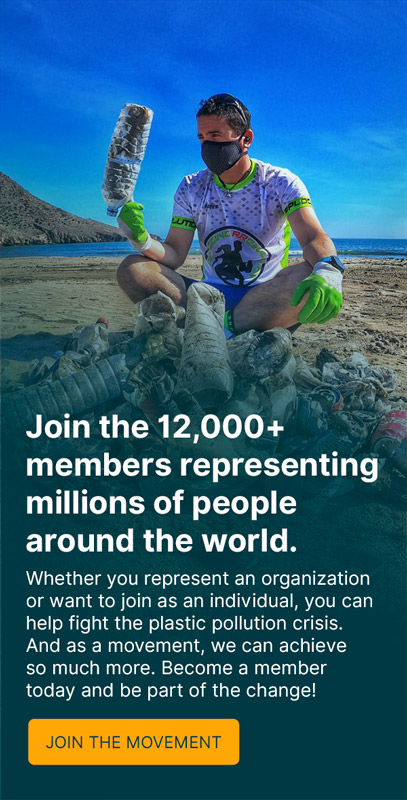Groups belonging to the No Burn Pilipinas alliance today warned against the proposal by Sen, Gatchalian to push incineration under the guise of waste-to-energy projects to deal with the country's burgeoning waste problems, stressing that apart from worsening toxic pollution, the proposal will only benefit the plastics industry and foreign waste management companies.
Gatchalian said that poor implementation of Ecological Solid Waste Management Act (RA 9003) is to blame for what he is calling “garbage crisis” citing a DENR report that only 30 percent of barangays actually segregate their collected waste properly, with 31 percent who have access to MRFs, and that 22 percent of the 1,634 cities and municipalities nationwide could be accommodated by 164 sanitary landfills across the country.
“We believe that Sen. Gatchalian is making these statements to condition the minds of the public to accept his proposal of allowing waste incineration in the country,” said Glenn Ymata of No Burn Pilipinas.
Gatchalian is the principal author of Waste-to-Energy bill (SB 1789) in the senate.
Once the proposed legislation is approved, burning of waste through the incineration process becomes legal, one thing that the Clean Air Act and Ecological Solid Waste Management Act prohibit.
“Sen. Gatchalian’s proposal for waste incineration will only turn the situation from bad to worse,” said Sonia Mendoza, Chairman of Mother Earth Foundation.
“For every four trucks of waste incinerated, at least one truck of ash residues is produced that needs to be disposed of in landfills as well. Ashes from burnt materials are more difficult to manage than ordinary garbage because these residues contain contaminants which are dangerous to human health and the environment, hence we will need more engineered sanitary landfills for the ash from the WTE incinerators and this is a big added cost to our waste management,” she added.
"It needs to be pointed out that Senator Gatchalian appropriately identified the problem: the huge volume of both plastics and organic waste in our waste stream - and these are what he needs to pay keen attention to. Instead of championing false solutions like waste-to-energy incinerators, perhaps he can champion a bill that quickly phases out single-use and other disposable plastic products, and a bill that promotes the development of environment-friendly systems that divert organic wastes from landfills and towards sustainable technologies like anaerobic digestion," said Paeng Lopez of Healthcare Without Harm-Asia.
Gatchalian’s report is misleading. While the projection of 16.6 million metric tons of waste may be true the volume should not fill up 99 Philippine Sports Arena if RA 9003 is properly implemented. 52% or 8.6 million metric tons can be composted, 28% or 4.6 million tons are being recycled, and only 18% or 3 million metric tons would have left for disposal in the landfills. The remaining 0.6 million or 600,000 tons are special waste. The waste characterization of the Philippines remains the same for the volume or weight of waste generated.
The real problem is that LGUs are not getting the much-needed support for waste management such as financial and technical assistance. If we examine the composition of our waste, at least half or 52% are biodegradable that can be converted into fertilizer which then can be used to improve productivity of the country’s agriculture sector. This was pointed out by Sen. Cynthia Villar when she interpellated Gatchalian’s privilege speech at the senate last week.
Another 28% are recyclables that provide jobs and livelihoods especially to thousands of waste pickers. Only 2% are special wastes that require other methods for management and disposal. This leaves 18% residual waste that should only go to sanitary landfills per RA 9003. Of that, 10.55% or 2.2 million metric tons are mismanaged problematic plastic waste.
“If only the National Solid Waste Management Commission and DENR did their job in identifying non-environmentally accepted products (NEAP) like single use plastics, our residual waste can be reduced significantly to 8% or measly 1.67 million metric tons,” said Aileen Lucero, national coordinator of EcoWaste Coalition.
“Should the Gatchalian proposal become law, the only real winners would be foreign waste management companies, the plastics industry and the corporations who profit from the continuing use and proliferation of sachets and other throwaway plastics. Plastics are the ideal feedstock for these waste-to-energy plants, and they provide a convenient escape hatch for plastic polluters to evade their responsibility for dealing with the pollution associated with their products,” said Von Hernandez, Global Coordinator of Break Free From Plastic.
“The losers on the other hand, will be local governments, taxpayers, local communities, recyclers, informal waste collectors and the environment.” he added.
The group also issued an open invitation to legislators to visit cities, municipalities and barangays in the country that are successfully practicing zero-waste programs in accordance with RA 9003, instead of flying abroad to participate in junkets organized by incinerator pushers, and which are clearly intended to promote a polluting technology.
###
For more information, please contact:
Glenn Ymata, No Burn Pilipinas Campaigner, +63 9178377625
____________________________________________________________________________
About No Burn Pilipinas (NBP) – No Burn Pilipinas is an alliance of environmental, justice, climate, rights and health groups who are opposed to waste incineration, including thermal waste-to-energy, and are working to promote the Zero Waste approach to resource
management. www.facebook.com/noburnpilipinas
About BFFP Philippines Project– The #breakfreefromplastic Philippines project is a collaboration of #breakfreefromplastic members EcoWaste Coalition, GAIA Asia Pacific, Greenpeace Southeast Asia, Health Care Without Harm Southeast Asia and Mother Earth Foundation working towards a future free from plastic pollution.



